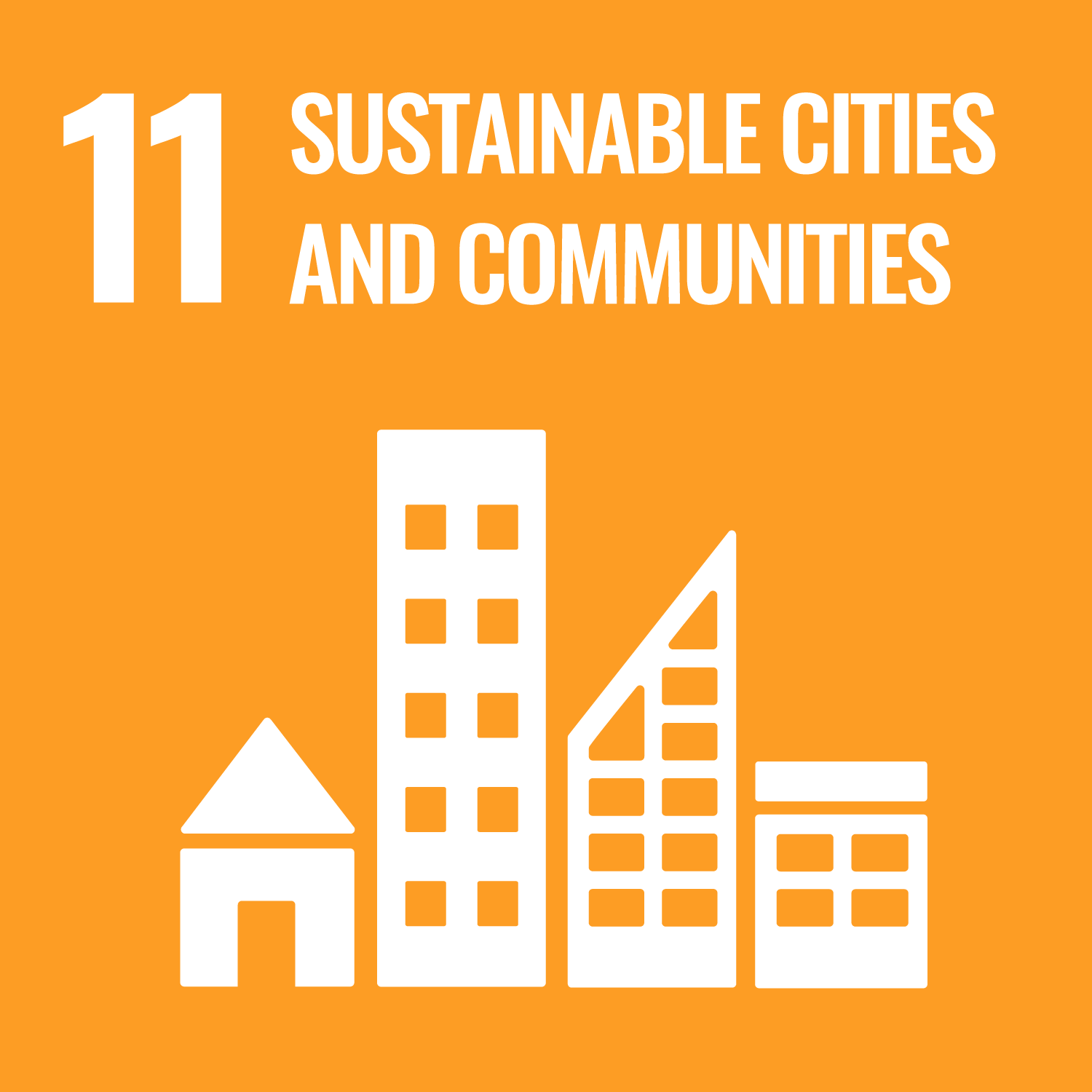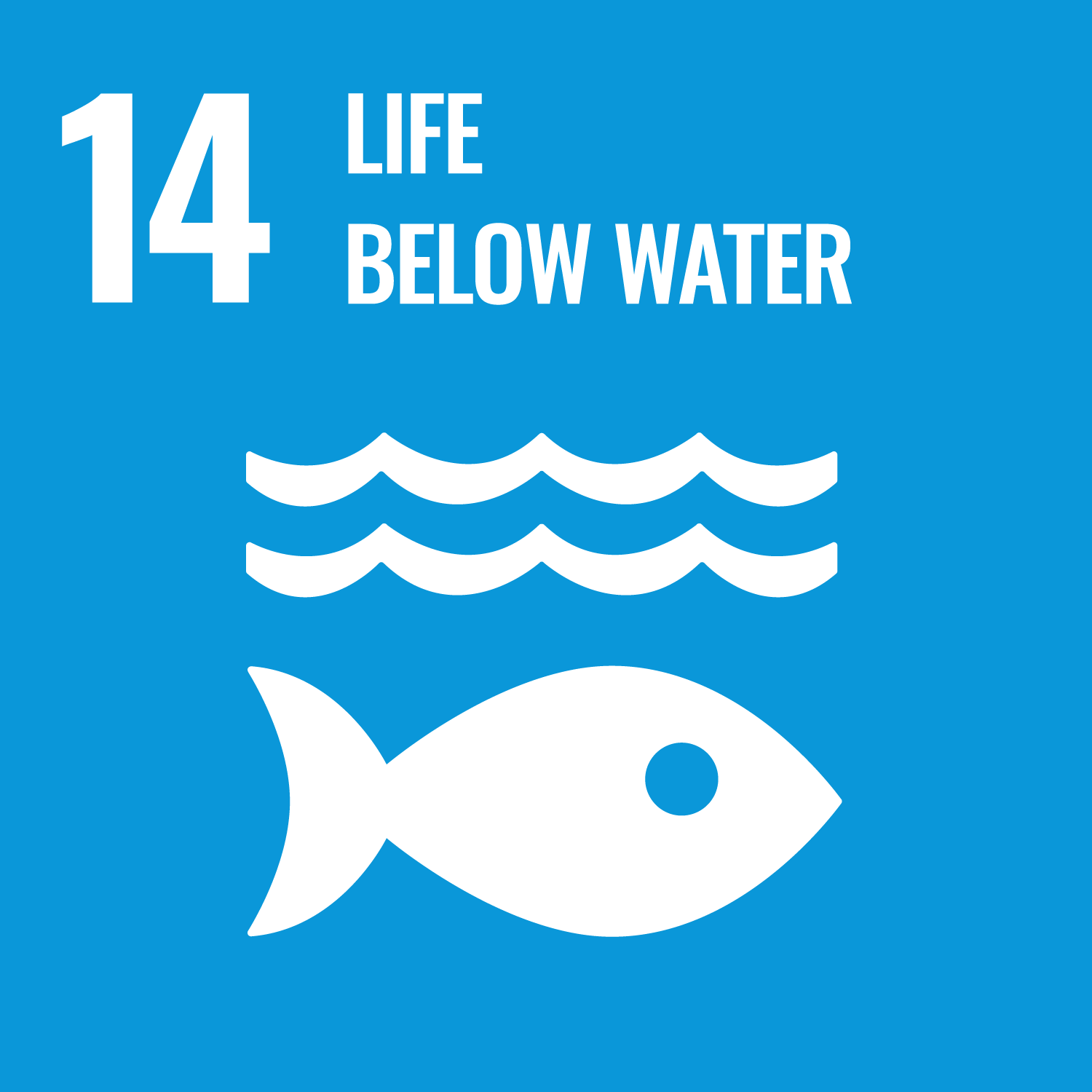Cities Combating Plastic entering Marine Environment (CCP-ME)

Objectives
- Enhanced practices (incl. digital tools) to prevent plastic entering the marine environment are established in selected cities, states and at national level.
- Improved procedures for collection, segregation and recycling of plastic are demonstrated in the cities of Kanpur, Kochi, and Port Blair.
- Capacities for managing plastic and knowledge exchange are strengthened in Kerala, Uttar Pradesh as well as Andaman and Nicobar Island
- The national framework for managing plastic is strengthened.
Description
The Cities Combatting Plastic entering Marine Environment (CCP-ME) project aims to prevent plastic and other non-biodegradable waste leakage at source through sustainable waste management practices at national, state and city level by upgrading infrastructure; strengthening digital monitoring and exchange mechanisms; and supporting the development of national framework conditions for recycling and reuse of plastic & non-biodegradable waste. The project is being implemented in the cities of Kochi, Kanpur and Port Blair and their respective States of Uttar Pradesh, Kerala, and Andaman & Nicobar Islands.
Approach/Field of intervention
- Sustainable Solid Waste Management
- Marine Litter
- Circular economy
Targeted beneficiaries
Municipal Corporation, State and City officials, Recycling industries, General public, Training Institutes
Highlight activities /Achievements
- Over 100 stakeholder consultations for the baseline assessment of the plastic and non-biodegradable waste monitoring at national, State and local Level are completed. The consultations included national-level associations, national-level recyclers, state-level recyclers, Urban Local Bodies (ULBs) and state-level government bodies.
- With the aim of developing a digital resource exchange platform for marketing recyclable materials between cities, bulk recyclers and recycling, a Data Input Format has been developed for ULBs for filling their reuse and recycling quantities in line with Material Recovery Facilities (MRFs) operations.
- A study on innovative schemes to reduce waste was conducted. Results will be disseminated and used as reference for the recommendations to improve solid waste management system in partner cities and states.
- Hotspot mapping survey conducted in Kochi, Kerala. Hotspots are geographic location in the city that directly or indirectly contributes to plastic (along with other non-biodegradable wastes) leakage into the environment. The assessment helps to identify the priority places for future mitigation interventions.
- A list of suggestive Information, Education and Communication (IEC) campaign with month-long activities on plastic litter prevention for October 2021 is prepared and made available for the partner Urban Development State of Uttar Pradesh.
Publications/Knowledge Products
Success stories
The stakeholders’ consultations covered a wide range of discussions on non-biodegradable waste management including plastics at the national level and respective states and city level. The discussion highlighted the existing scenario in terms of supply chain, recycling infrastructure, recyclable material quality requirements, price of materials & variations (if provided), relevant Indian Standards (IS) codes etc. for various materials. Prevailing challenges concerning quality of material, government policy, taxation and supply chain were also sufficiently brought out by the recyclers in the discussions. In addition, suggestions on the outlook of the digital platform and their expectations from it were also key points of discussion which was shared by the recyclers and few NGOs who are a known name in the operations of recycling facilities. The aim of developing a digital platform is to monitor reuse and recycling activities at city, state, and national level. The digital platform will facilitate linkages between the urban local bodies (ULBs) and the scrap dealers & recyclers. The platform will allow transparent trading of the waste materials between the parties with ULB as the Seller and Scrap Dealer/Recycler as the Buyer.
“Recycling is an unorganized and informal industry in India. PET is not a problem sector, as more than 90% is recycled. However, other materials like multi-layered plastics (MLPs) are not collected efficiently and mostly end up in dump yards. Western countries are already recycling MLPs into granules, which have value and can be converted to any product. We have introduced this technology 2 years ago, but it requires huge investment and there is a lack of existing infrastructure in the country for this sector. But once there is technological and financial support from government – the sector can be upscaled.” //99 words// Speaker at stakeholder’s consultations for the baseline assessment of the plastic and non-biodegradable waste monitoring, 2021, India.
COUNTRY
India
DURATION
01 August 2020 - 31 December 2023


